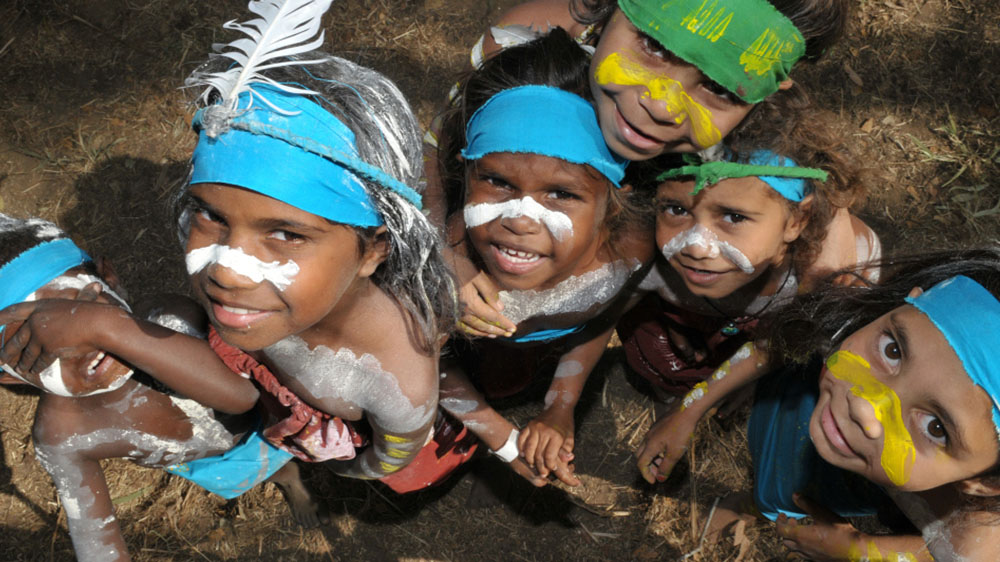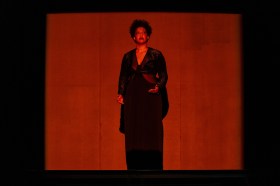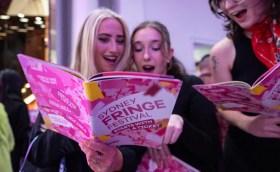One of Australia’s longest-running Indigenous festivals, the Laura Quinkan Dance Festival in Cape York, has been postponed for 2025. The announcement came shortly before the region experienced historic rainfall and flooding. Organisers cited costs and organisational delays as the reason for cancelling in 2025.
The festival, held every two years, attracted 5000 artists and 240 Aboriginal and Torres Strait Islander artists in 2023. It had been run by the Ang-Gnarra Aboriginal Corporation, but began accepting governance advice from advocacy body United Uprise in January.






